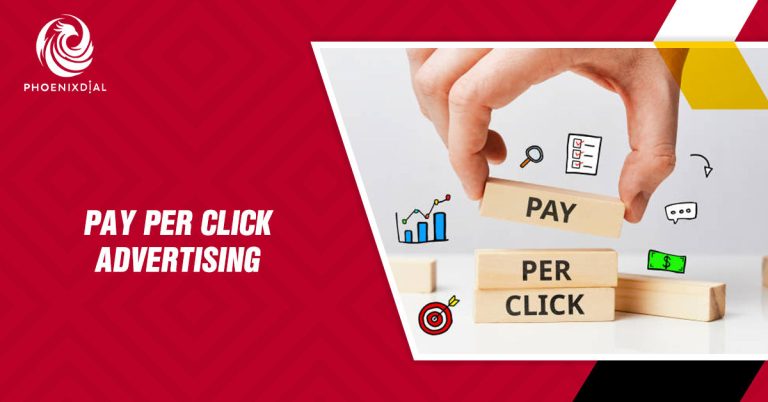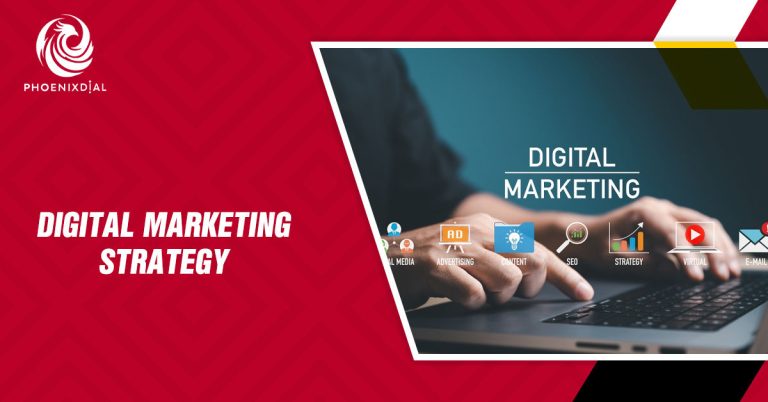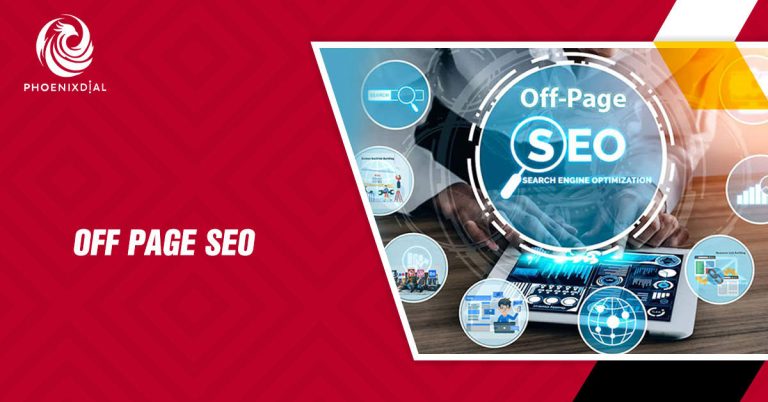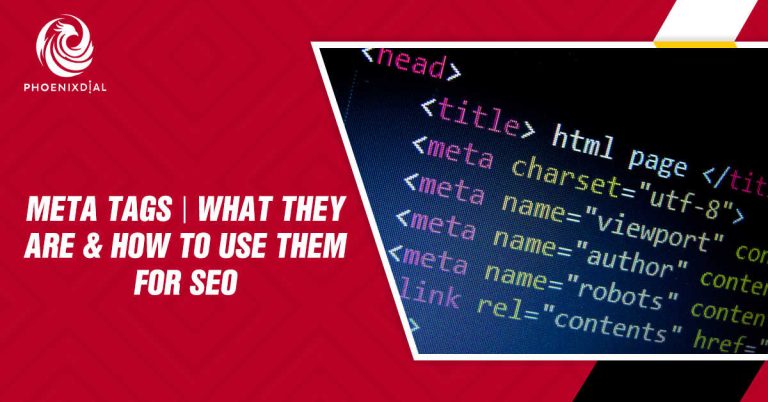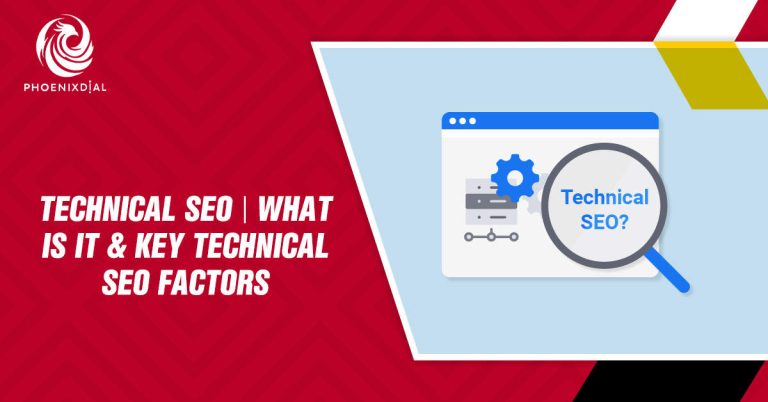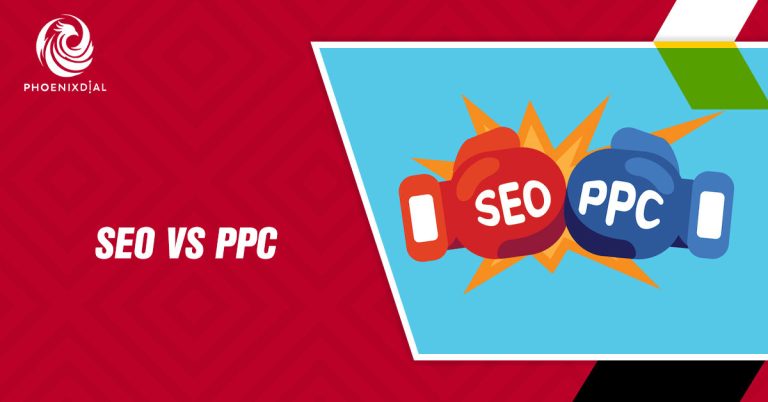Email Marketing and SEO | Tips for Improving Your SEO
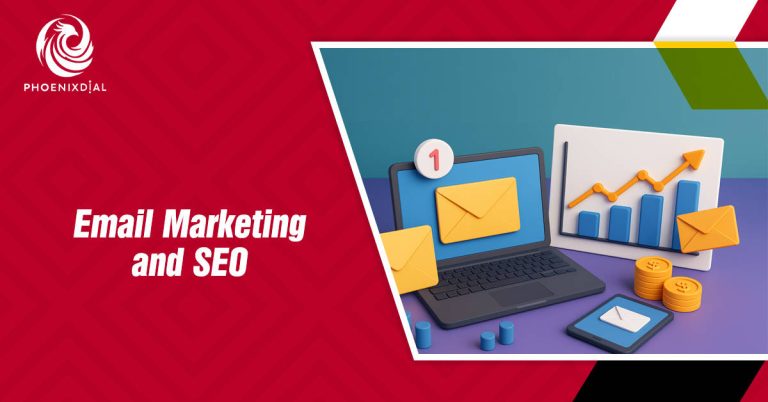
More than half of online traffic comes from search engines, yet many businesses struggle to turn that traffic into loyal customers. This gap often appears when Email Marketing and SEO do not work together. Many brands focus only on ranking…


